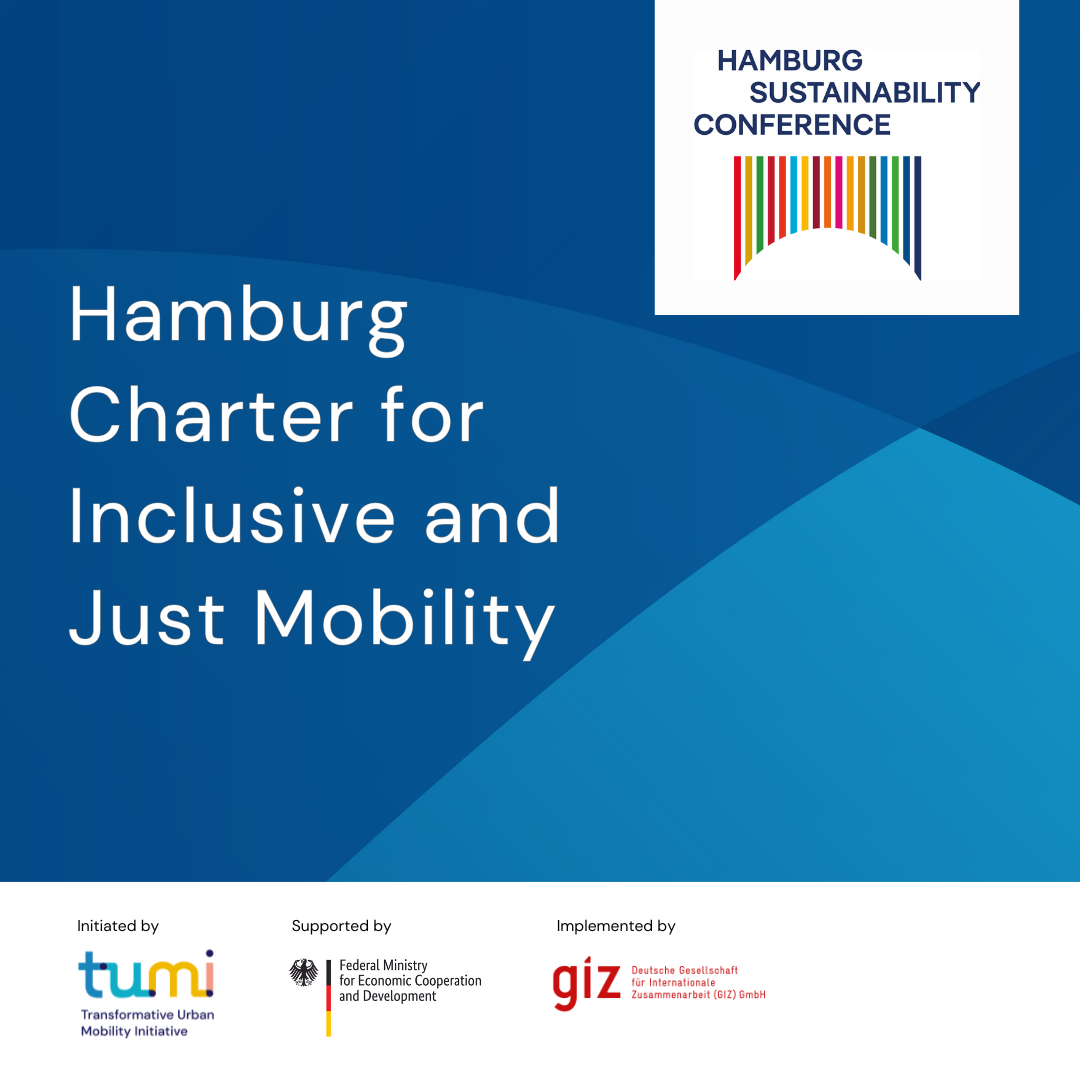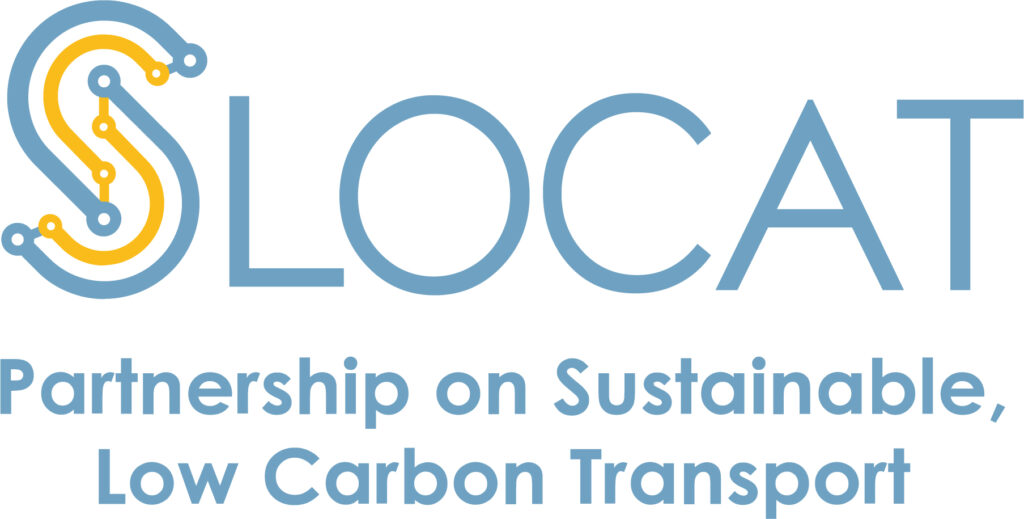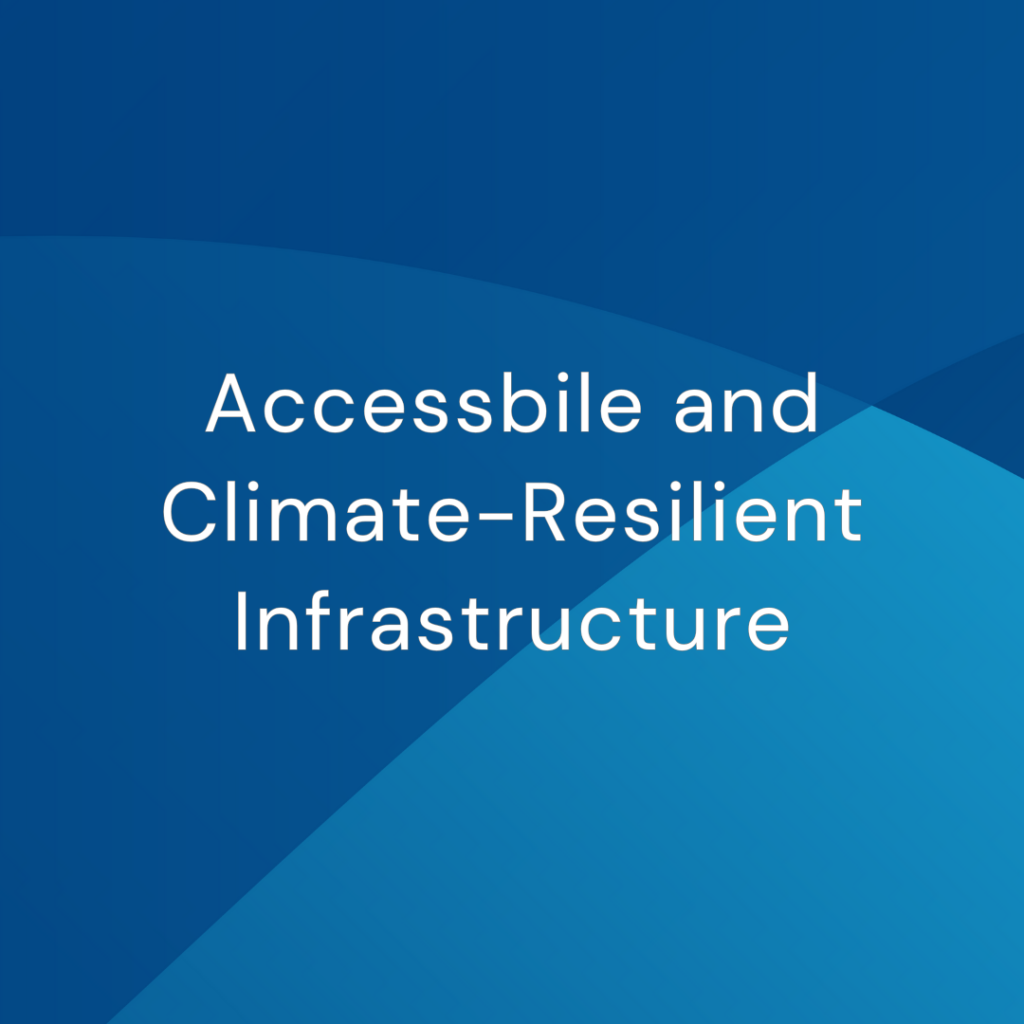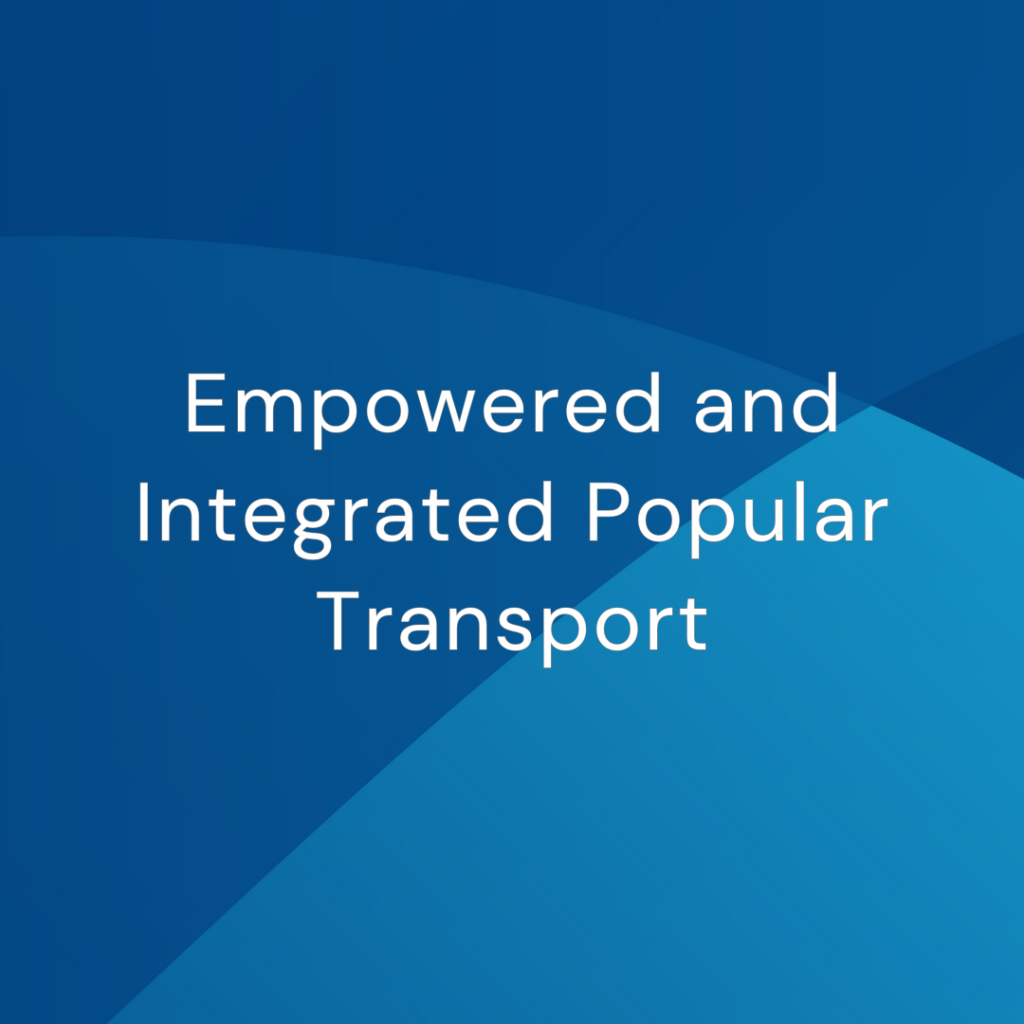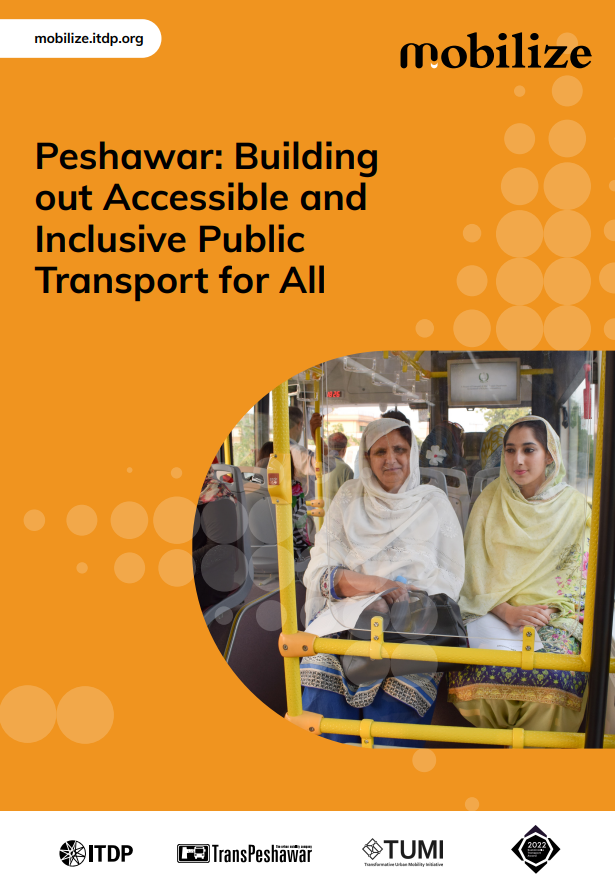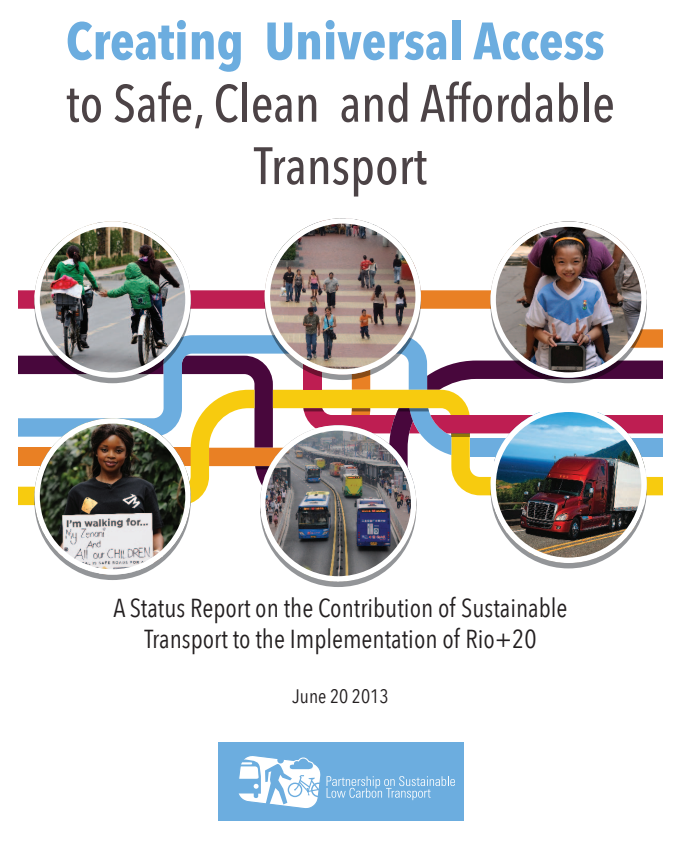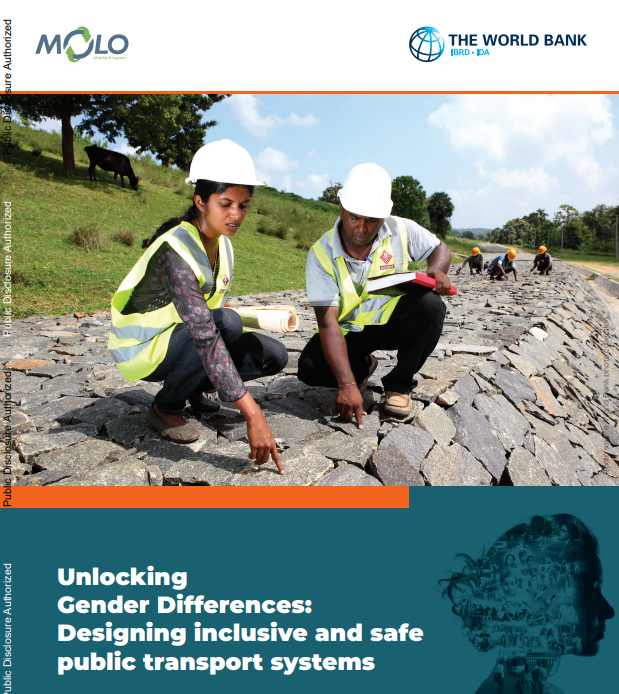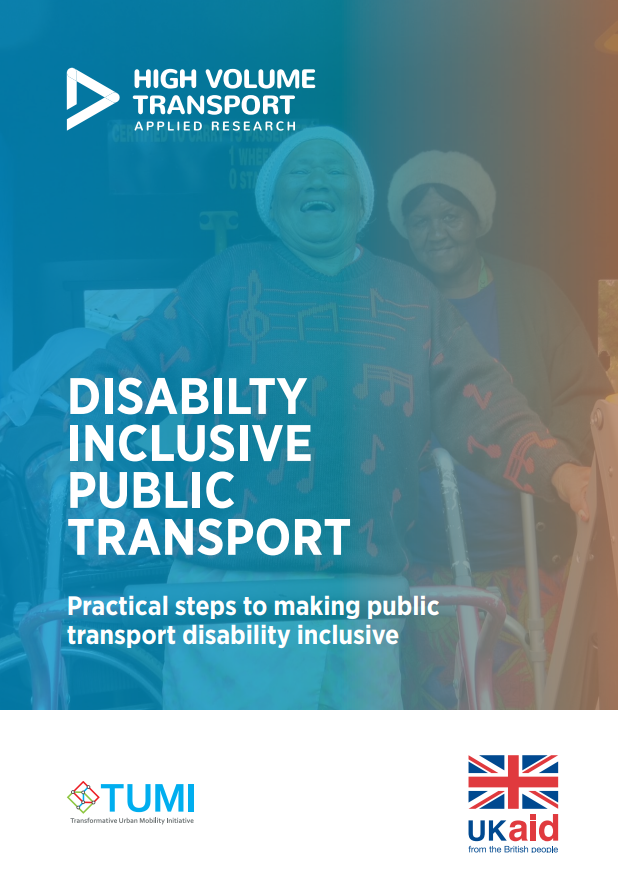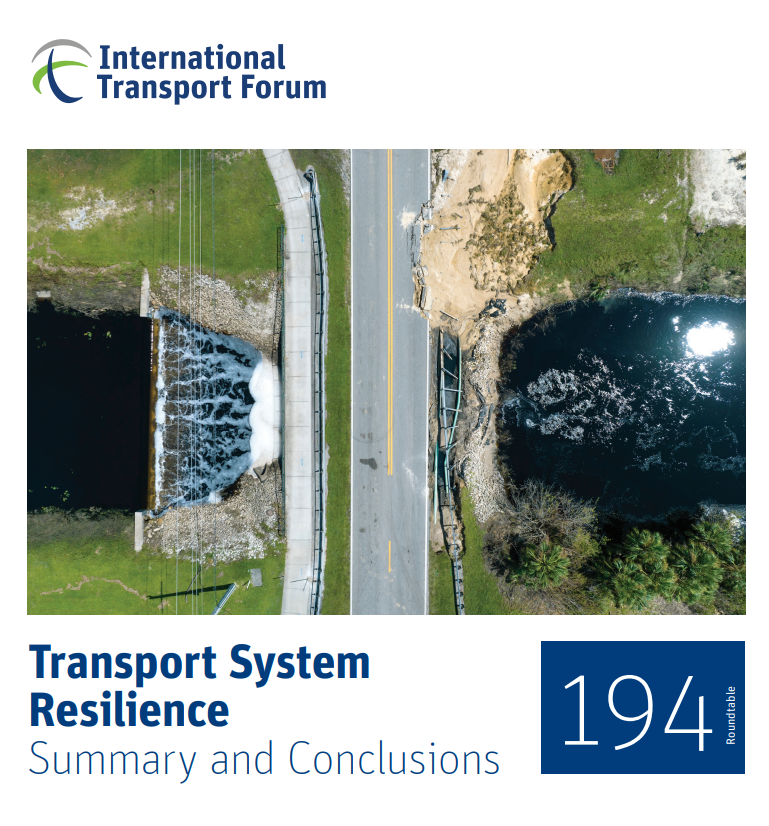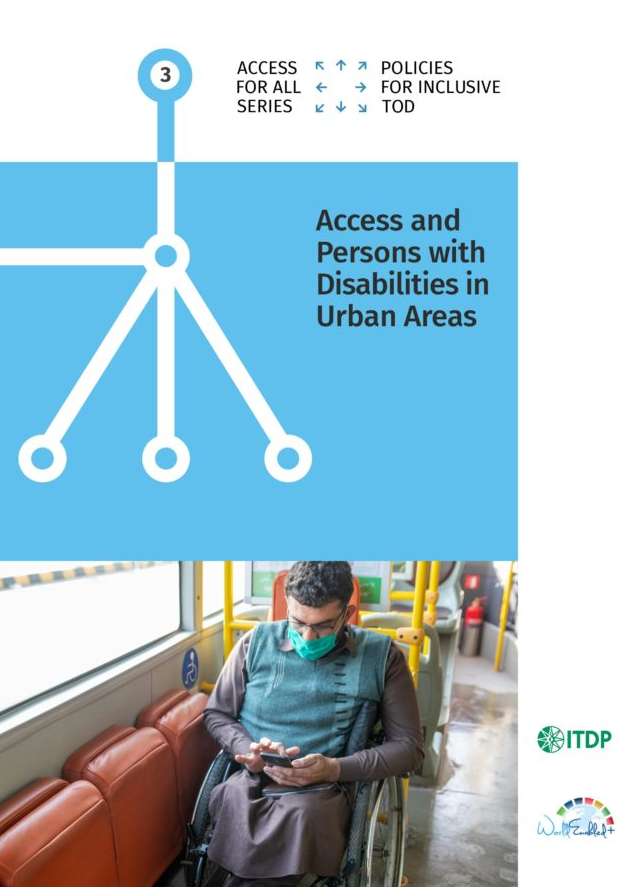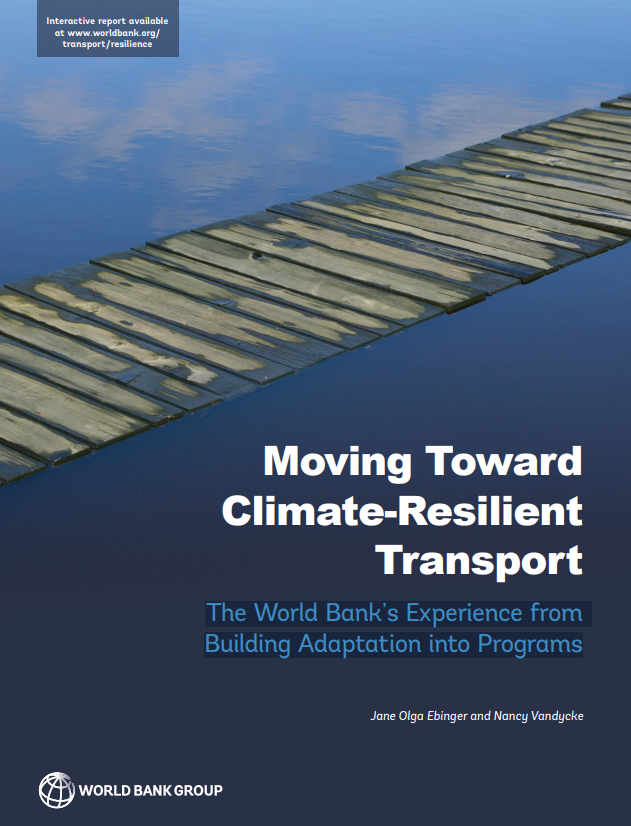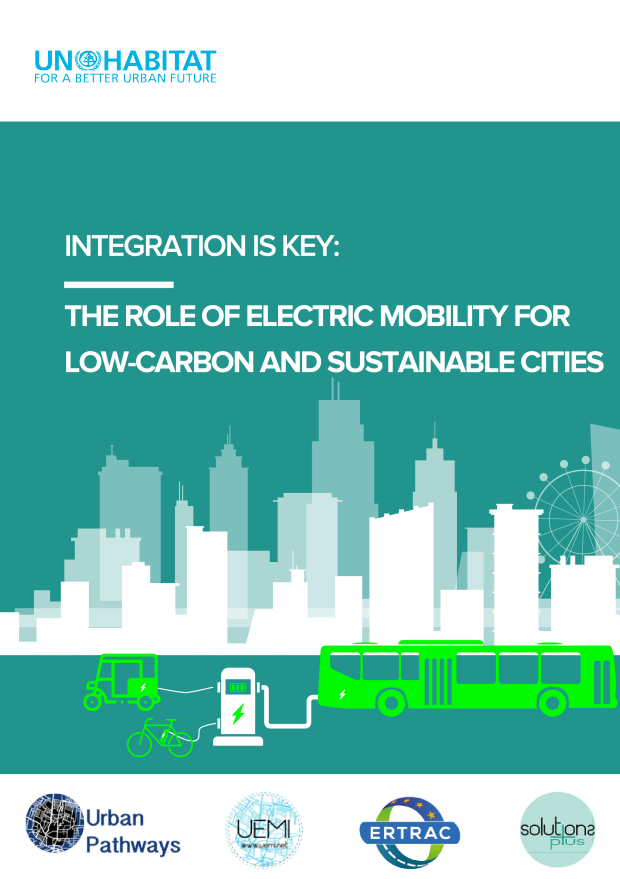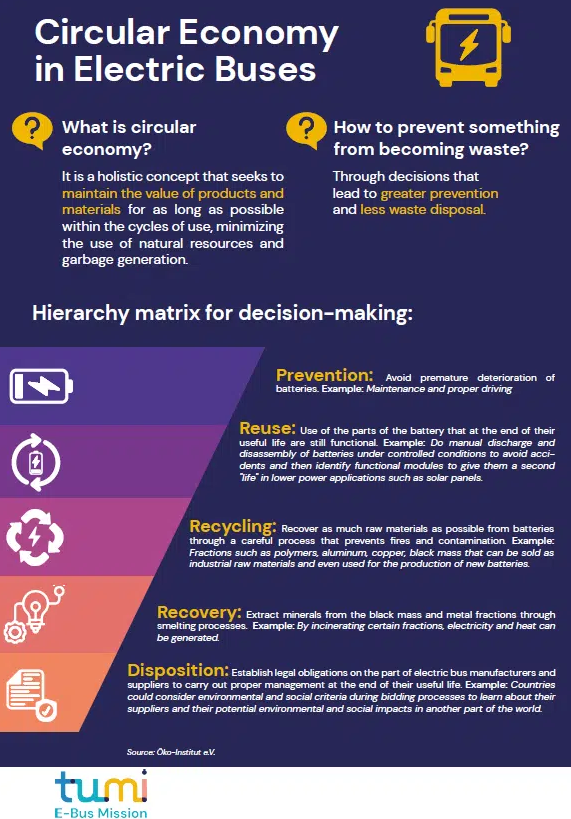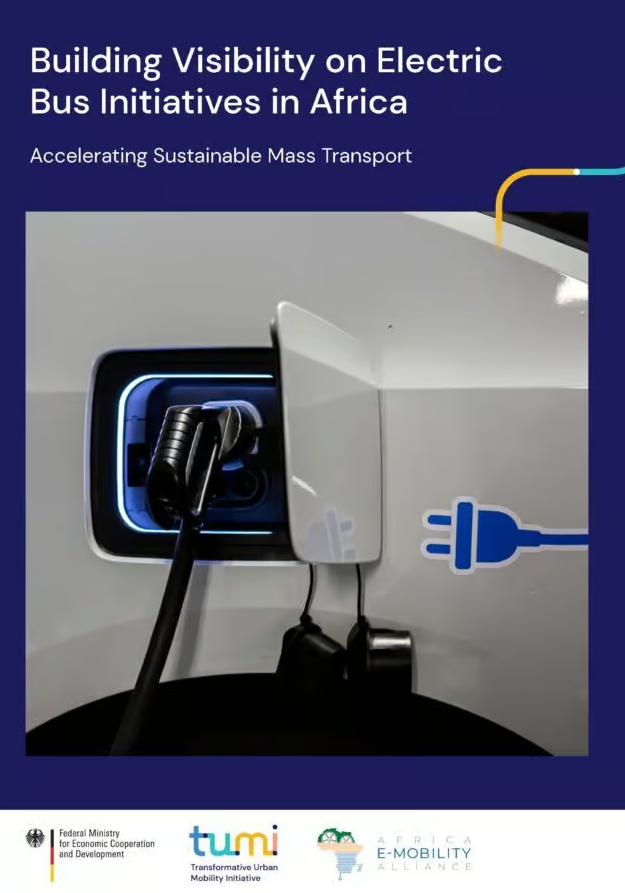Hamburg Sustainability Conference
Hamburg Charter for Inclusive and Just Mobility

The Hamburg Charter was launched and signed at HSC 2024. Learn more by clicking on the sections below.
Signatories' Voices
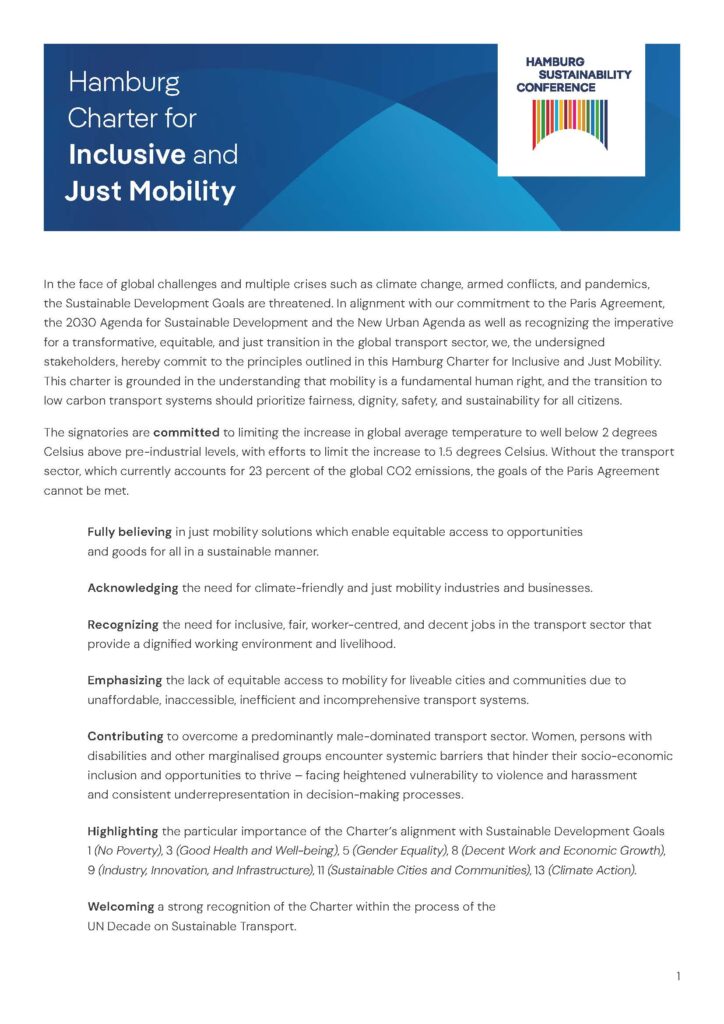
Hamburg Charter for Inclusive and Just Mobility
Transport connects people to opportunities and services, but access is often unequal and unsafe. Elderly individuals, people with disabilities, and parents face barriers, while women experience harassment during commutes. Additionally, 8-10% of the global workforce supports mobility services, often under poor conditions. The Hamburg Charter emphasizes mobility as a fundamental human right in the drive to decarbonize transport.
All Signatories
Reach out to become a signatory as well!
8 Principles
Principle 1: Equitable and Climate-Friendly Access to Opportunities
Ensuring access to education, work, healthcare, and essential services for all, regardless of background or abilities, is vital. This includes providing safe, affordable, and sustainable transport systems, as outlined in SDG 11.2, with a focus on walking, cycling, and public transport. Additionally, urban planning must address climate change impacts on vulnerable communities through inclusive and nature-based solutions.
Principle 2: Inclusivity in Transport
Involving underrepresented groups, including women, the elderly, children, and people with disabilities, in mobility planning is essential. Efforts must address gender disparities by promoting women’s participation in decision-making roles and eliminating violence and harassment. Additionally, mobility options should support women, particularly as care workers, to enhance their social and economic involvement.
Principle 3: Fair and Dignified Jobs
In the face of global challenges and multiple crises such as climate change, armed conflicts, and pandemics, the Sustainable Development Goals are threatened. In alignment with our commitment to the Paris Agreement, the 2030 Agenda for Sustainable Development and the New Urban Agenda as well as recognizing the imperative for a transformative, equitable, and just transition in the global transport sector.
Principle 4: Climate-Friendly Mobility Industries and Businesses
Recognizing the urgency of climate action, it is essential to support a green and just transition in transport industries, focusing on climate-friendly, circular value chains and zero-emission systems. Promoting responsible and sustainable business models that prioritize environmental conservation and social responsibility is key.
Principle 5: Accessible and Climate-Resilient Infrastructure
Enabling participation through barrier-free infrastructure and applying universal design principles are essential for ensuring accessibility, particularly for underserved communities. Investments should focus on safe, climate-resilient walking, cycling, shared modes, public transport, and rail infrastructure, with a fully functioning disaster management system to address climate challenges.
Principle 6: Empowered and Integrated Popular Transport
Recognizing popular transport’s role in mobility, efforts should support its transition to a climate-friendly and socially just sector through consultation, training, and access to finance. Integrating it into urban planning will mitigate job losses and improve conditions for informal workers, ensuring social protection and inclusion in decision-making.
Principle 7: Promotion of Electric Mobility
Recognizing the potential for green jobs, the electric vehicle industry offers opportunities to create jobs and empower women and marginalized groups. Advocating for electric mobility in public and shared transport, especially electric buses and 2-3-wheelers, can reduce reliance on private cars. Additionally, promoting green public procurement for transport fleets and last-mile logistics leverages the purchasing power of cities and regions.
Principle 8: Data, Transparency and Planning
Enhancing data collection across all transport modes is essential for better management and decision-making. Addressing data collection challenges, transparency in mobility data, especially gender and demographic-segregated data, is crucial to meeting citizens’ needs. Promoting the development and use of interoperable data systems is key for effective urban and regional planning.
In the face of global challenges and multiple crises such as climate change, armed conflicts, and pandemics, the Sustainable Development Goals are threatened. In alignment with our commitment to the Paris Agreement, the 2030 Agenda for Sustainable Development and the New Urban Agenda as well as recognizing the imperative for a transformative, equitable, and just transition in the global transport sector, we, the undersigned stakeholders, hereby commit to the principles outlined in this Hamburg Charter for Inclusive and Just Mobility.


